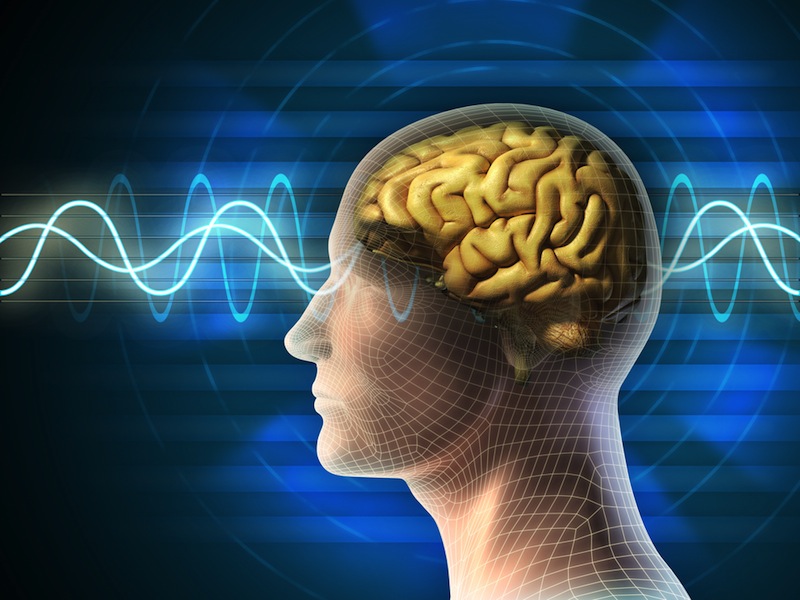Divorce & Other Life Stressors Linked with Dementia

Common life stressors — such as divorce, widowhood or losing a job — may increase the risk of dementia later in life, a new study of women in Sweden suggests.
In the study, experiencing such psychosocial stressors in midlife was linked with a 21 percent increased risk of developing Alzheimer's disease, and a 15 percent increased risk of developing any type of dementia, over nearly four decades.
The findings held even after the researchers took into account factors that may affect dementia risk, such as smoking habits, alcohol consumption and a family history of mental illness.
People who were exposed to psychosocial stressors were also at increased risk of experiencing prolonged periods of distress (or feelings of irritability, tension, nervousness, fear, anxiety or sleep disturbances). However, such distress could not fully explain the link between psychosocial stressors and dementia, meaning that the association may, in part, be due to biological factors that change in response to experiencing stressors, the researchers said. [7 Ways the Mind and Body Change With Age]
"More studies are needed to confirm these results and investigate whether more interventions, such as stress management and behavioral therapy, should be initiated in individuals who have experienced psychosocial stressors," the researchers, from the University of Gothenburg, write in the Sept. 30 issue of the journal BMJ Open.
Researchers analyzed information from 800 Swedish women who periodically underwent testing between 1968 and 2005. At the study's start, participants were asked whether they had experienced any of 18 psychosocial stressors, including whether their spouse or close relative had a mental illness or abused alcohol, or whether they or their husband had lost a job. Medical records and other information from psychiatric examinations were used to determine whether participants developed dementia over a 38-year period.
About a quarter of participants said they had experienced one psychosocial stressor, 23 percent experienced two stressors, 30 percent experienced three stressors and 16 percent experienced four stressors. The most common stressor was mental illness in a first-degree relative.
Sign up for the Live Science daily newsletter now
Get the world’s most fascinating discoveries delivered straight to your inbox.
During the study period, about 20 percent (153 people) developed dementia, 104 of whom developed Alzheimer's disease.
Psychological stress has been linked with increased production of inflammatory factors in the brain, and with an increased frequency of cardiovascular disease, and these, in turn, may be risk factors for dementia, the researchers said.
The study did not ask participants whether they had been physical abused, or whether they had experienced severe physical illness, which could have affected the results.
Follow Rachael Rettner @RachaelRettner. Follow LiveScience @livescience, Facebook & Google+. Original article on LiveScience.

Rachael is a Live Science contributor, and was a former channel editor and senior writer for Live Science between 2010 and 2022. She has a master's degree in journalism from New York University's Science, Health and Environmental Reporting Program. She also holds a B.S. in molecular biology and an M.S. in biology from the University of California, San Diego. Her work has appeared in Scienceline, The Washington Post and Scientific American.










